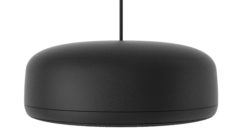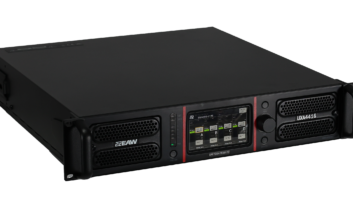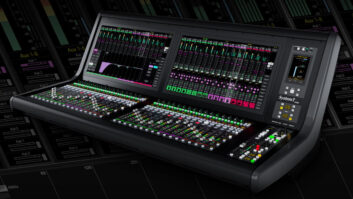
Research shows collaborative environments foster innovation, improve team performance by ensuring everyone is working towards the same goal, and increase employee retention since people prefer to belong to a team and contribute to the team’s goals.
According to a Wainhouse Research study, the need to attract next-generation workers and to compete globally will drive demand for collaboration solutions.
In recent years, schools and businesses of all sizes have embraced a more agile approach to meetings and working in collaborative groups. Organizations are implementing collaboration solutions such as huddle spaces, or small-space meeting areas, and also bringing elements of that more intimate workflow to larger conference rooms.
The way huddle spaces are used varies by organization, location, vertical market, culture, etc. Whether or not a huddle space is effective depends on the given task and requirement of the space. However there are a few universals that can be used as starting points for discussion and design.
WHAT MAKES IT A HUDDLE SPACE?
A huddle space is a smaller meeting space, which can exist just about anywhere. It typically accommodates six or fewer attendees. They range from basic spaces to well-equipped and advanced rooms. Basic huddle spaces, with either open area or private closed rooms, may be equipped with a small table, some chairs, a speakerphone, and perhaps a dry erase board. Well-equipped and advanced huddle rooms may include flat- panel displays, integrated AV conferencing, and a wireless presentation system. Huddle spaces do not typically include enhancements such as ceiling speakers, acoustic wall treatment, or AV control systems.
WHAT SHOULD YOUR HUDDLE SPACE INCLUDE?

If you’re planning for a well-equipped huddle space, you should also consider your AV technology needs.
In general, your huddle space should include equipment that has the following characteristics:
1. Interoperability with other products you may have in the space such as screens, projectors, panels, or touchscreens.
2. BYOD support that allows collaboration/sharing of any type of device the meeting participant has. For example, participants could bring a laptop, tablet PC, mobile phone, or netbook and connect with ease.
3. Content sharing capabilities; for example a presenter may need to share any number of pieces of content with other participants simultaneously.
4. An intuitive interface, which will reduce barriers to use. The easier your equipment is to use, the more participants feel comfortable using new technology.
5. Support for unlimited users. While there is a practical limit to the number of people that can fit in a room or share a screen, facilities change and so do user’s needs. Try not to get locked into limiting systems that only allow 4-6 concurrent users.
In addition to many of the items needed to make a good huddle space, for your larger conference rooms you may need additional AV solutions.
WHAT SHOULD YOUR MODERN CONFERENCE ROOM INCLUDE?
Today’s larger meeting rooms often come with higher expectations. They will certainly start with the same type of collaboration solutions discussed earlier for huddle spaces. Additionally, they must provide support for tomorrow’s technology using today’s design. These rooms often require more types of equipment, which may require support for a wide range of video signals. In general, your modern conference room should include equipment that has:
1. Switching capabilities to manage video signals that need to be shown on one or more displays.
2. Presenter control options for switching. For more efficient meetings, specify a switch that automatically switches to a new source when a new user connects a device.
3. Scaling able to work with a wide range of video signals, both cur- rent and legacy, to ensure the display is compatible with anything that needs to be presented.
4. Reliable video distribution capabilities to send and receive audio, video, control and even power from another room or building.
5. Video wall capability to display any source from anywhere with switching control.
When designing and outfitting the spaces, it’s important to think ahead and design for AV systems that can adapt and grow as technology changes.










